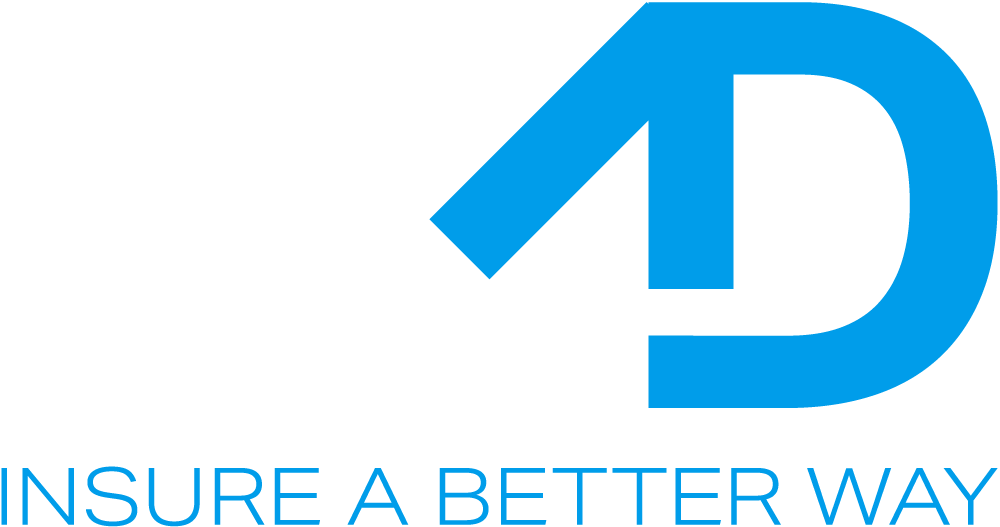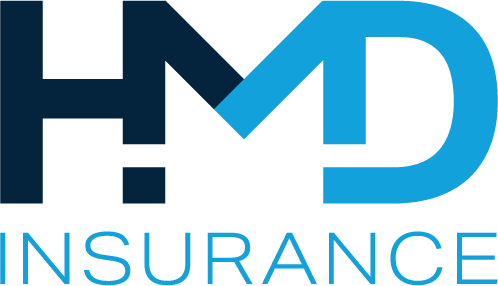
Insurance can often feel like a maze of complicated language and unfamiliar phrases. From insurance contracts to premiums, from life insurance policies to liability insurance, the wording can be overwhelming. That’s why having a glossary of insurance terms is necessary, as it breaks down the jargon so you can make informed decisions about your insurance policies.
This article provides a detailed explanation of insurance industry terms and definitions you’ll encounter in the insurance business. By the end, you’ll not only understand the most common insurance terms, but also know how these terms apply when dealing with insurance companies, choosing insurance products, and protecting your financial future.
What Are Insurance Terms and Why Do They Matter?
Insurance terms are the foundation of every insurance contract. They establish the rights and obligations of the insurer, the insured, and sometimes even third parties involved in a claim. Without a clear understanding of insurance terminology, it becomes challenging to evaluate insurance policies or compare offers from different insurance companies.
For example, understanding what a peril is helps you know what your insurance coverage actually includes. Some policies provide coverage for specific perils like fire or theft, while others use broader language to provide protection against “all risks” unless excluded. Similarly, knowing what “replacement cost” means ensures you’re not underestimating the value of the property covered.
For business owners and individuals alike, being able to decode insurance jargon is a valuable skill. It helps you ensure your insurance policy provides the right protection for loss or damage, property damage, or bodily injury claims.
Common Insurance Terminology in Everyday Use

When you purchase insurance products from insurance companies, you’re entering into an insurance contract. The party to the insurance contract includes the person or entity being insured and the insurer who will provide coverage in the event of an insured loss or damage.
Some key insurance terms you’ll encounter include:
- Premium: The amount you pay to the insurance company to maintain coverage. This may vary based on the amount of insurance, risk factors, and the type of policy.
- Peril: A cause of loss or damage, such as fire, theft, or storm.
- Covered loss: The specific situation or event for which the insurance company will pay.
- Exclusion: Circumstances or events not covered by the insurance policy.
By understanding these common insurance terms, you’ll better grasp how insurance policies function and what responsibilities you and the insurer share.
The Role of Insurance Companies in the Insurance Industry
Insurance companies play a central role in the insurance industry. They design insurance policies, assess risks, calculate premiums, and provide coverage for insured events such as bodily injury, property damage, or business interruption.
Every insurance company operates under strict regulations like the Insurance Contracts Act 1984 in Australia or the guidelines set by the Insurance Council of Australia. These ensure that when an insurance policy covers you, the insurer must fulfil the terms of the insurance contract.
Life Insurance Explained

Life insurance is one of the most widely purchased types of coverage. A life insurance policy provides financial security to beneficiaries after the insured person’s death. There are several classes of insurance under life, including:
- Whole life insurance: Provides lifelong coverage and may build cash value.
- Universal life insurance: Offers flexible insurance plans with investment components.
In all forms of life insurance, understanding the terms of the insurance contract is crucial. The premium you pay depends on age, health, and lifestyle. Importantly, life insurance may also include riders that provide protection for interruption in income due to disability or illness.
Health Insurance and Its Key Terms
Health insurance helps individuals and families pay for health care services. Whether purchased through employers, the government, or directly from insurance companies, health insurance ensures you’re not overwhelmed by medical bills.
The insurance policy may include terms such as:
- Insurance coverage: Specific health services provided under the plan.
- Exclusion: Treatments not covered.
- Insurance premium: The regular payment made to maintain coverage.
Like other insurance policies, health plans operate as an insurance contract between the insurer and the person or entity seeking insurance that covers medical costs.
Title Insurance and Home Insurance Explained
Title insurance is a type of insurance that protects against legal claims on property ownership. This insurance provides security to homeowners and lenders by covering loss or damage due to title defects.
Home insurance, also known as homeowners insurance, is a form of property insurance that provides cover for property damage caused by perils like fire, storm, or theft. A homeowners insurance policy can also provide coverage for injury or property damage to third parties on your premises.
Both forms are essential insurance products in the general insurance industry, ensuring business owners and individuals have financial safety nets.
Insurance Policies and Insurance Contracts
An insurance policy is the written insurance contract that sets out the terms and conditions of your coverage. Each insurance policy that provides protection contains key details:
- Premium amount
- Coverage limits and replacement cost rules
- Exclusion clauses
- What loss or damage is considered a covered loss
For example, a property insurance policy might outline that the insurance company will pay to repair or replace the value of the property at replacement cost if a covered loss occurs. Understanding these details ensures you know what your insurance policy covers and what it doesn’t cover.
Other Insurance Terms and Insurance Jargon to Know
Here are other insurance jargons you need to know:
- Insurance carrier: Another term for insurer or insurance company.
- Compulsory insurance: Coverage required by law, such as motor vehicle insurance or workers’ compensation.
- Professional indemnity insurance: A type of liability insurance for professionals providing advice or services.
- Public liability insurance: A liability insurance policy that covers injury or property damage to third parties.
Learning these phrases ensures you can navigate the insurance market confidently, whether dealing with commercial insurance, motor insurance, or business insurance.
Conclusion: Why Understanding Insurance Terminology Matters
Insurance doesn’t need to be confusing. With the right knowledge of insurance terms and definitions, you can make better decisions, compare insurance policies, and choose the insurance company or insurance broker that best meets your needs.
From life insurance and health insurance to home insurance and title insurance, every type of insurance depends on clear insurance terminology. By understanding terms like premium, peril, covered loss, and insurance contract, you’ll gain confidence in navigating the insurance business.
At HMDI, we’re here to help you cut through the insurance jargon and find insurance policies tailored to your business operations and personal needs. Contact us today to get a quote and start building an insurance solution that truly provides coverage for the things that matter most.
FAQs
When a person or business sells insurance, they are acting as an insurer, broker, or agent who offers insurance purchased by clients to protect against risks. These professionals help match customers with suitable coverage and explain the subject matter of insurance so buyers understand what is and isn’t included.
An auto insurance policy is specifically designed to cover cars, trucks, and other vehicles against risks such as accidents, theft, and third-party personal injury. Unlike property or life insurance, auto insurance includes insurance features like comprehensive and third-party liability cover. This is one of the most common forms of insurance purchased by individuals.
The insurance glossary is a list of terms and definitions used in the industry, such as insurance or reinsurance, subject matter of insurance, and insurance claim. Reviewing this glossary helps customers better understand the insurance issued to them and avoid confusion when they make claims or compare several insurance products.
Yes, existing insurance can impact new insurance because insurers need to know about all policies associated with the coverage you already hold. Under the Insurance Act, insurance companies must ensure that the insurance issued is not duplicated and that a person or business is not overinsured.
Insurance is sometimes described as a direct agreement between the insurer and the insured, where the insurer sells insurance to cover specific risks. Reinsurance, on the other hand, is when insurance companies transfer part of their risk to other insurers. This allows insurance companies to meet obligations to policyholders even during large-scale losses.





